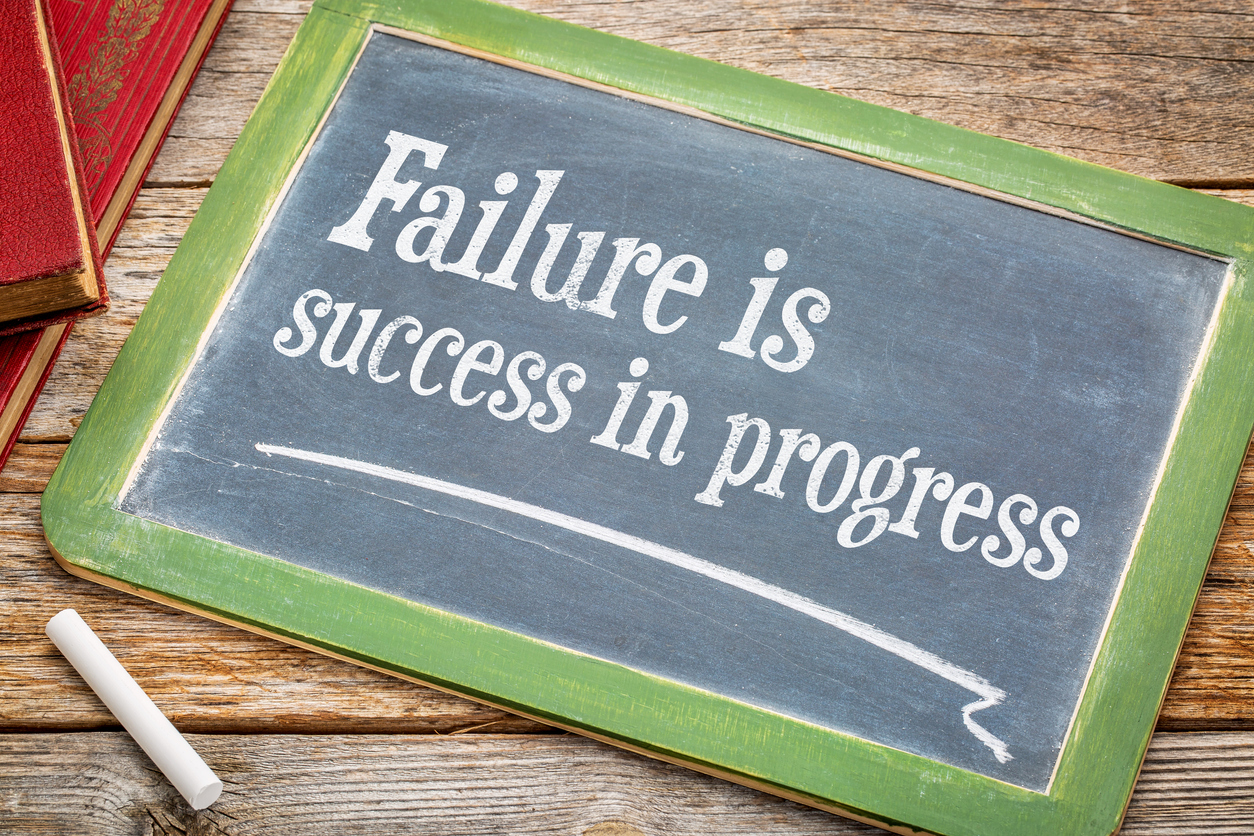
Failure is a Powerful Tool for Success
- Deviance
- Inattention
- Lack of Ability
Neutral:
- Process Inadequacy
- Task Challenge
- Process Complexity
Praiseworthy:
- Uncertainty
- Hypothesis Testing
- Exploratory Testing
The knee-jerk reaction to instantly find blame and indentify who is responsible for a mistake will drain a company and its leader of his or her power. ActionCOACH identifies the ‘Point of Power’as a pivotal place where leaders can decide whether to take control and become powerful models of behavior or to take a powerless path. Those who choose to operate above the ‘Point of Power’ convey three characteristics; Accountability, Ownership and Responsibility. Those who choose blame, excuses and denial remain wither below the ‘Point of Power’.
Showing an attitude of willingness to acknowledge and accept responsibility for failure is a powerful tool. Sharing the learning from any mistake not only demonstrates the leaders’ understanding, but it also allows others to learn. It will reinforce desired behavior from your employees and will reduce the stigma of making mistakes.
It’s difficult to create an environment where mistakes (within the praiseworthy zone) are positive. However, supporting a culture of learning can change your business significantly for the better. Rather than focusing on pointing fingers, focus on what lead to the outcome and how to improve the system to avoid the same error in the future. That can energize and strengthen your organisation.
“Only leaders can create and reinforce a culture that counteracts the blame game and makes people feel both comfortable with and responsible for surfacing and learning from failures.” (Edmondson, 2011). Trial and error will help an organisation to create a meaningful change without demoralizing a team. Edmondson explains further, how leaders can affect change, “They should insist that their organizations develop a clear understanding of what happened—not of “who did it”—when things go wrong. This requires consistently reporting failures, small and large; systematically analyzing them; and proactively searching for opportunities to experiment.”
Many companies and leaders find it challenging to establish a culture where failures don’t signal doom. Why you ask? “Because examining our failures in depth is emotionally unpleasant and can chip away at our self-esteem. Left to our own devices, most of us will speed through or avoid failure analysis altogether. Another reason is that analyzing organizational failures requires inquiry and openness, patience, and a tolerance for causal ambiguity. Yet managers typically admire and are rewarded for decisiveness, efficiency, and action—not thoughtful reflection. That is why the right culture is so important”(Edmondson, 2011).
As a leader you need to ask yourself, how willing am I to admit failure? How do I feel when I make a mistake and how do I apply the learning of a decision that doesn’t go the way I expected? If you’re consistent and transparent with your mistakes, your team will see that an error doesn’t mean the end.
Just think, some of the biggest advancements in humanity have come about through trial and error and experimentation. Sending a man to the moon; the electric light and flying all took methodical testing and measuring. Careful analysis of failures shaped the next test, the next giant leap for human kind. It’s time to take failure off the shelf. What could you learn? What could you improve? What could you accomplish if you begin to view failure with a more positive mindset?
Success could be only one mistake away…
ActionCOACH is the world’s largest business coaching franchise. Our business nearly, 1,00 certified professional business coaches work with more than 18, 000 businesses weekly and we have coaches throughout the UK and in over 70 countries. To connect with a coach in your area and get free coaching session click here






